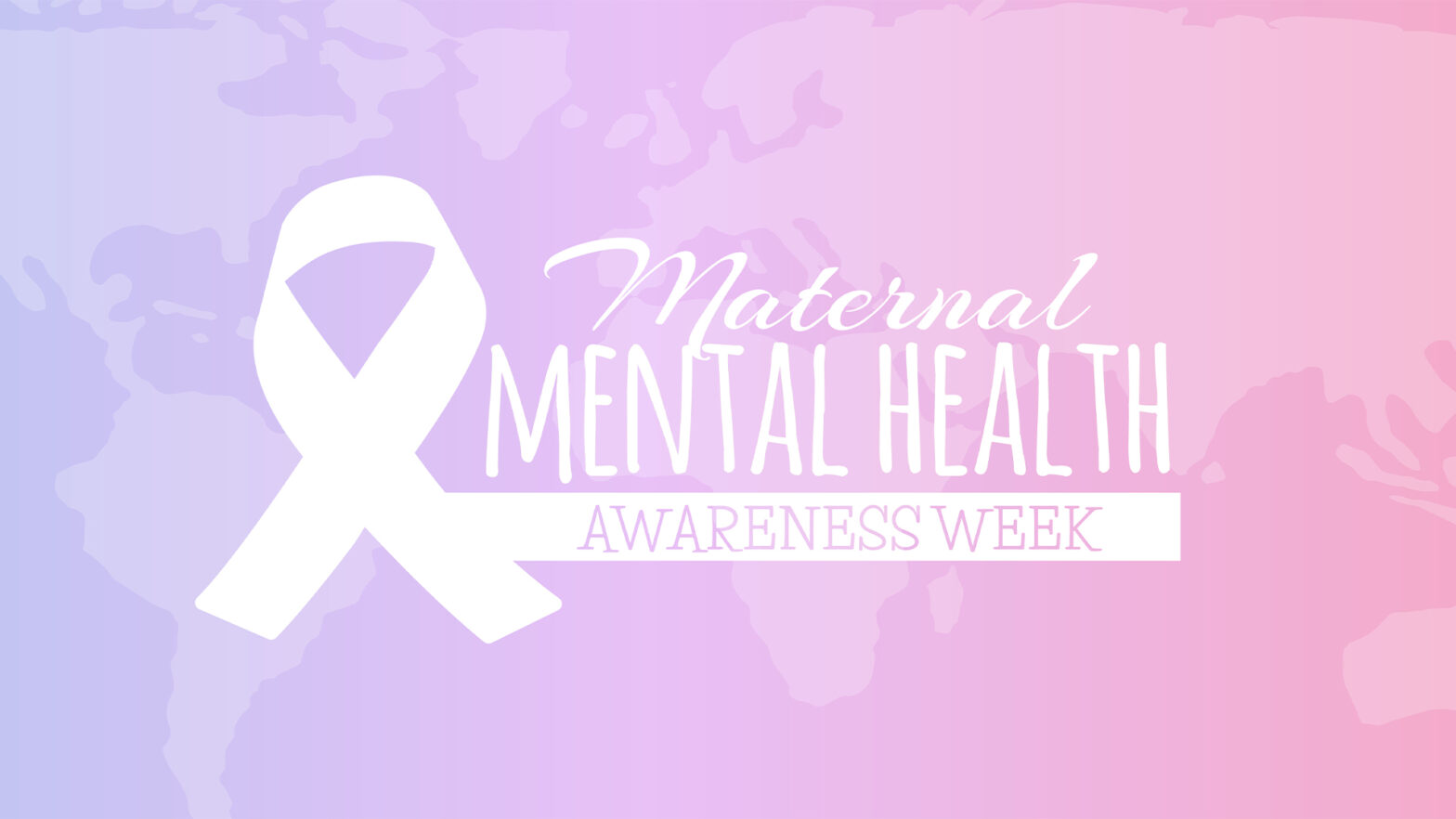
Running a business is hard, unpredictable and can take its toll on your health. Statistics show that one in five entrepreneurs will struggle with mental health in their lifetime. Most business owners and corporate executives also start to see a serious decline in their mental and physical performance in their 40s and 50s.
But there is one thing that can significantly boost your performance across every aspect of your life – sleep.
Health experts Natasa Kazmer and Jim Callaghan say that sleep is one thing anyone can do, irrespective of time, money or lifestyle, to dramatically improve every area of their life. And they should know. The couple spent over 30 years, combined, in high-octane aviation careers, often moving between time zones and experiencing the negative health impacts of chronically high stress. After recognising their health (and fertility) had taken a terrible beating, they’ve dedicated their lives to researching and implementing the best techniques to optimise health and wellbeing.
Here are their five top reasons why sleep should be at the top of your business to-do list.
1. Good sleep trumps every other health hack
If you see sleep as the top priority to benefit your health and performance, then you create a solid foundation to build the other necessary habits in terms of nutrition and movement.
Sleep can supercharge your performance. While good quality exercise and nutrition will support good sleep, if you’re tired, your motivation to do these things will take a knock. Your hormones will also be out of kilter, making you hungry, increasing cravings and derailing any healthy habits.
Sleep also helps you to build and maintain a positive, growth-centric mindset, which in turn motivates you to stay on track with your healthy habits.
2. Enhances your ability to retain information
Sleep affects our ability to learn new information and to remember it. Without adequate sleep, we struggle to focus on new information, making it difficult to take in and ultimately remember it.
Poor sleep also affects our judgement and therefore tends to colour the way we interpret new information. Having good sleep, on the other hand, enables us to take in new information more quickly and to retain it better.
New information is stored in our short-term memory when we are awake and is transferred to and processed in the areas of our brain that deal with long term memory while we sleep. Studies show that people who sleep well following new learning have much better memory retention and faster retrieval times than those who lacked adequate sleep.
3. Literally solve problems in your sleep
We’ve all heard the phrase, “let’s sleep on it” when we encounter a particularly difficult problem where the solution is not obvious. But there is now a body of scientific evidence to support this phenomenon.
Studies have found that after working on a difficult problem, people who got a good night’s sleep significantly improved their ability to solve it compared to those who didn’t.
The participants in these studies had their sleep monitored and it turns out that when we dream, (enter into REM ‘rapid eye movement’ sleep), our brains continue to work on the problem and combine information and previous experiences in novel ways to solve it.
4. Personal therapy session
We all encounter stressful, sometimes even embarrassing events during the day. But you may have noticed that these events usually seem a little bit less stressful after a good night’s sleep and become less stressful as time passes.
This is due to a process that occurs while we sleep, (more precisely, while we dream) which is a result of a decrease in activity in the region of the brain associated with fear (the amygdala) and an increase in the prefrontal cortex (the rational part of the brain).
It’s a bit like having your own, personal psychologist while you sleep, whispering, “everything is going to be ok”.
5. Sleep is easy when you know how
The best way to get good sleep is to set yourself up for success from the second you wake up.
- Find a good sleep/wake schedule and stick to it – even at weekends.
- Spend time in natural light first thing in the morning and limit artificial light in the evening.
- Get out into nature whenever you can – sun, fresh air and time to just breathe and give your brain a rest will all help you to sleep better at night.
- Avoid large evening meals and have your last coffee or alcohol at least 4 hours before bedtime.
- Develop a relaxing bedtime routine, including gentle stretching, taking a warm shower or bath, and read a book.
- Journal or write down your to-do list before bed to eliminate distractions and avoid waking up stressing about things you need to do.
- Avoid exposure to blue light (from your phone and other devices, including your TV) at least an hour before bed.
- Keep your room temperature at 15-19 degrees Celsius, our bodies need a cooler environment to reach the deeper levels of sleep.
- Breathe. Deep breathing signals to our bodies that we are safe and puts us into a parasympathetic mode. We know that stress produces cortisol, which, in turn, disrupts our sleep. Using our breath to get us into the rest-and-digest state will help to lower cortisol levels and ensure a better quality of sleep.
Fixing your sleep is the first step to optimising your health and wellness, which will in turn enhance your performance at work. So put sleep at the top of your to-do list.
















